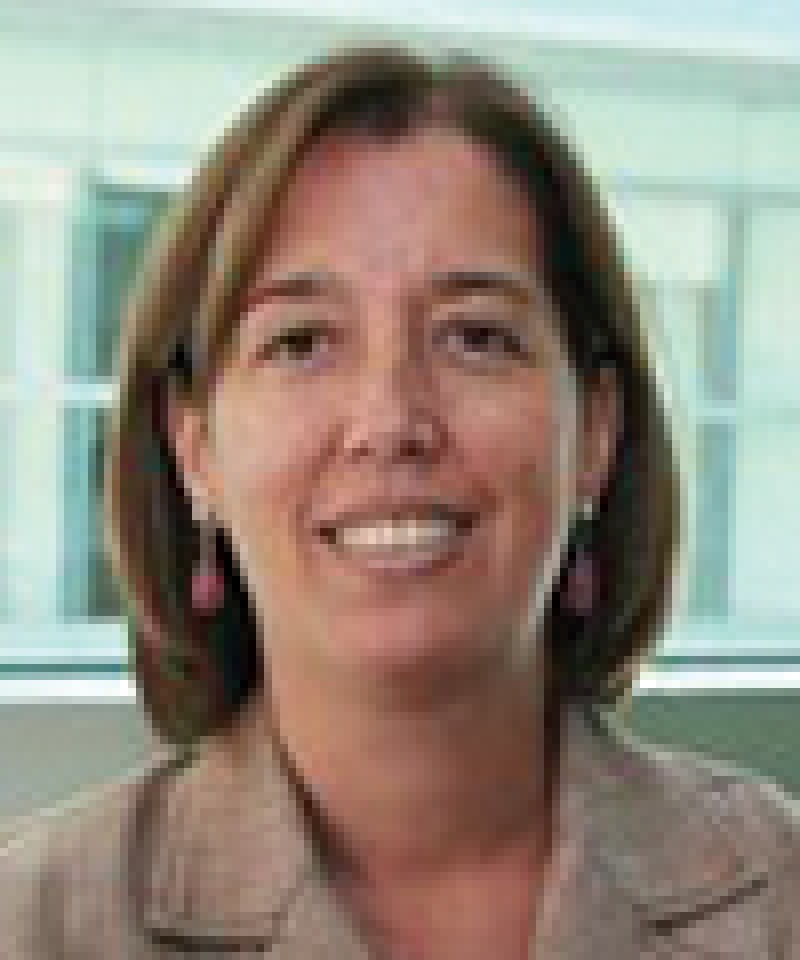
|
Abigail Blanco |
The Spanish Central Economic and Administrative Tribunal (TEAC) and State Tax Agency (AEAT) recently concluded that an invitation to a medical practitioner to attend a medical seminar means that they obtain income in kind.
According to the TEAC (in a decision dated April 4 2017) and AEAT (in a report on May 5 2017, which mirrored that decision) this income in kind may be earned income or income from an economic activity, according to whether the invitation is made to a hospital (which sends a representative on its behalf) or personally to the medic (whether self-employed or a hospital employee), respectively. In both cases, tax will have to be withheld from the income in kind by the entity that made the invitation.
There is no change to this conclusion, say both authorities, even if the invitations are geared towards the medic's training, because when the law exempts training from tax, it only does so for workers who are employees, and the initiative to provide the training must have come from the employer (who also must have funded it in full). The AEAT added that these expenses on attending seminars are not eligible for the relief for per diems (travel, meal and overnight expenses) either, because that relief may only be claimed by the recipients of earned income under an employment contract or a special-charter relationship for public workers.
It would appear that no consideration has been given to the definition of income in kind in the Personal Income Tax Law. This definition dictates that there will only be income in kind (and the law makes no distinction here between earned income and income from an activity) when it serves to satisfy strictly private purposes. When clearly, the training the medical practitioners receive by attending events, invited by pharmaceutical companies, directly benefits their medical practice, their medical expertise, their training in new treatments, products or innovations (…), besides contributing to maintaining the quality of the system (which we can safely say benefits the patient at the end of the line).
Both documents (the decision and the report) have caused considerable concern among both medics and pharmaceutical companies, in view of the effect this administrative standard may have on medical training; and have received a response from the Minister of Finance and Public Service dated May 29 2017, stating that "the government's intention to amend the Personal Income Tax Regulations to clarify in the legislation that the training courses of health personnel, funded by organisations, are not taxable for personal income tax purposes".
In July 2017, the Minister published its proposed amendment to the Personal Income Tax Regulations, which seems to be aimed at protecting employees working on medical centres who are authorised by their employers to attend the medical seminars. Surely, the temporary effect of the amendment, in case it is approved, will provoke discussions. Meanwhile, the AEAT's tax inspectors have already started work on these matters.
Abigail Blanco (abigail.blanco@garrigues.com)
Garrigues Madrid
Website: www.garriges.com










